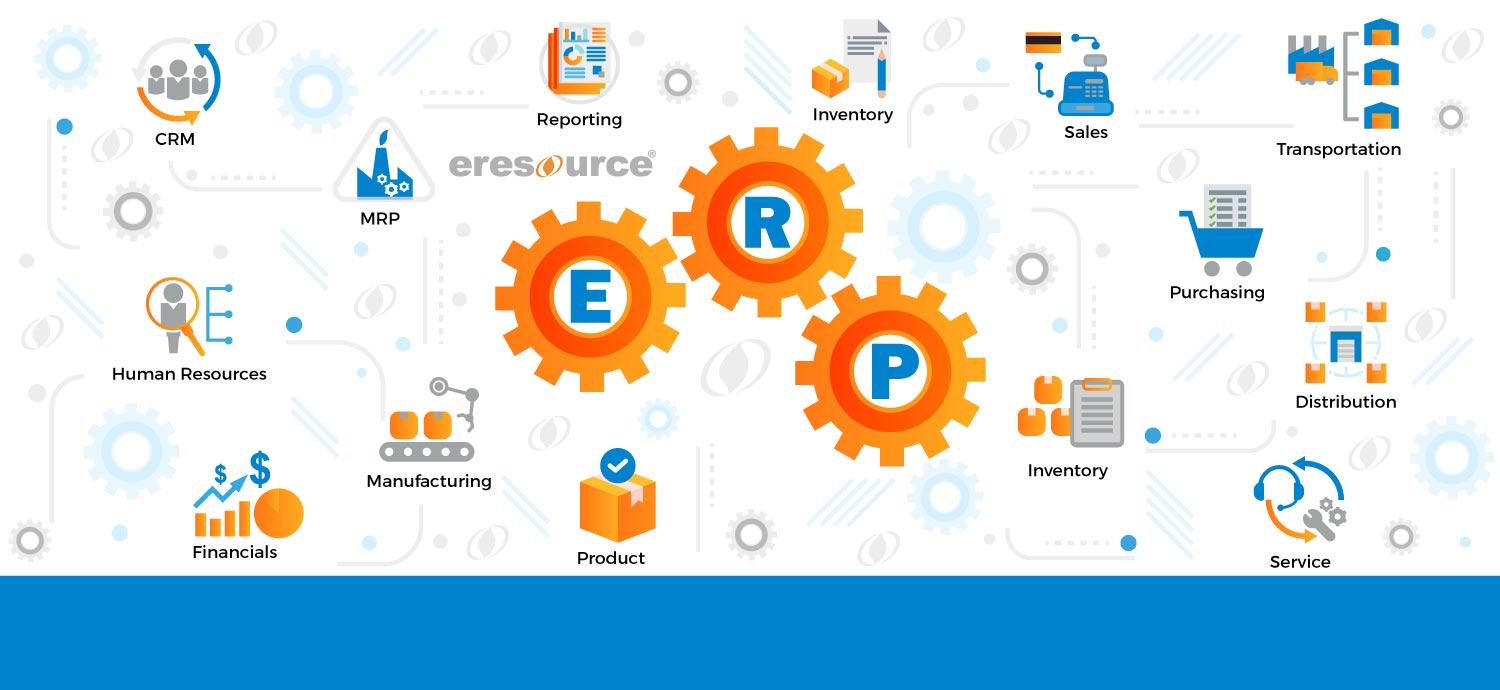Cloud-based Construction ERP Software
Construction is one of the top-growing industries worldwide. And the introduction of ERP for Construction Company is sprucing up the sector’s development. The advent of cloud technology revolutionized the construction industry by streamlining the work and implementing a unified business module. Moreover, research states that ERP platforms have helped construction organizations double their profit margins.
A cloud-based construction ERP software is typically designed to automate all crucial construction processes. The system is used to manage the information and database of enterprises. In addition, on-construction managers and contractors deploy these cloud technology solutions to manage their day-to-day activities.
Let’s learn how cloud-based construction ERP solutions are revolutionizing the business.
How Does Cloud-Based Construction ERP Work?
A cloud-based ERP system works by combining technologies connected to high-speed internet networks. And it’s the system provider who handles the security and system updates. Users and teams in construction companies have to log in to the ERP application using their login credentials to access the data. You can also access cloud-based ERP for Construction Industry on mobile phones and desktop computers.
What are the Key Features of Cloud-Based Construction ERP?
A construction industry-specific ERP software will have the following listed features:
- Financial data management
- Customer information generation and storage
- HR management
- Customer relationship management
- Order management
- Procurement
- Project management
- Supply chain management
- Material requirements planning
Also Read – Advantages of ERP solution in printing industry
How can Construction Companies Achieve Visibility and Control through Cloud-Based ERP?
Cloud-based ERP systems can help companies achieve complete visibility and control over each construction project and human resource. Here visibility refers to the manager or stakeholder’s ability to get insight into regular operations of the construction work cycle.
Below given points highlight how ERP manages several functions, from procurement, project management, and product delivery to extending visibility into the supply chain.
- Enables Procurement as a Profitable Venture
It’s crucial for construction companies to map the procurement activities according to the demand to ensure cost-cutting and offer better construction. With ERP, managers can access integrated solutions enabling complete visibility, control, and enhanced efficiency in stages, including inventory management, quotation information, and payments to increase profitability.
- Handles Inventory
Cloud-based construction ERP platforms allow companies to manage and control inventory for a seamless construction process. The software helps avoid losses caused due to excessive purchases or shortages of materials. With cloud-based ERP, you can maintain optimum inventory levels by accessing market information and client demand information.
Also Read – How Can Cloud ERP Help Solar Installers Reduce Soft Costs?
- Streamlines Construction Phases
Construction companies can streamline the visibility of their construction processes with cloud-based ERP. The advanced application can help manage resources efficiently, automate processes, and smoothen construction processes. Integrating ERP with the company’s regular operations will offer on-time project completion and yield customer satisfaction. You can speed up the construction projects while maintaining their quality.
- Handles Demand Planning and Forecasting
A cloud ERP technology handles the visibility of information for construction and the market. It ensures efficient customer service. Moreover, managers can get complete visibility into demand through ERP’s unified view of demand chains.
What are the Benefits of Cloud-Based ERP?
The advent of cloud-based Construction erp software has improved the functionality of the construction industry. Such software provides the following listed benefits:
- ERP boosts project success by managing construction operations.
- The platform can digitize the process of building projects to improve work efficiency and transparency.
- It offers efficient cost control and easy scheduling and budgeting.
- Cloud-based ERP software can integrate and automate document management for better data storage and safety.
- Aid in handling bids and tender filing, and construction project analytics.
- Users can track and manage human resources for successful construction project completion.
- Eliminates manual accounting and automates the financial report generation process.
- Users can allocate the right resources at the right place and time.
- ERP helps maintain equipment for a long and track the supply and demand chain.
- The cloud technology supports a hybrid work module and offers effective vendor management.
Summing it up all!
The utilization of cloud-based construction ERP has driven growth in the construction industry. The construction firms implementing cloud-based ERP platforms have provided several benefits, from increased efficiency, improved productivity, and high ROI to greater scalability. The ability to align with the advancement of the construction industry by implementing cloud-based ERP has empowered construction companies to choose the high-performance solution capable of boosting profit margins.
Also Read – What is the best ERP for the electronic manufacturing industry
Categories
Register for Free Demo!
Recent Post
-

eresource ERP 360 - an
11th Apr 2019 -

A competitive ERP system for
17th Apr 2019 -

Auto components manufacturing industry has
17th Apr 2019 -

Make the best use of
17th Apr 2019






